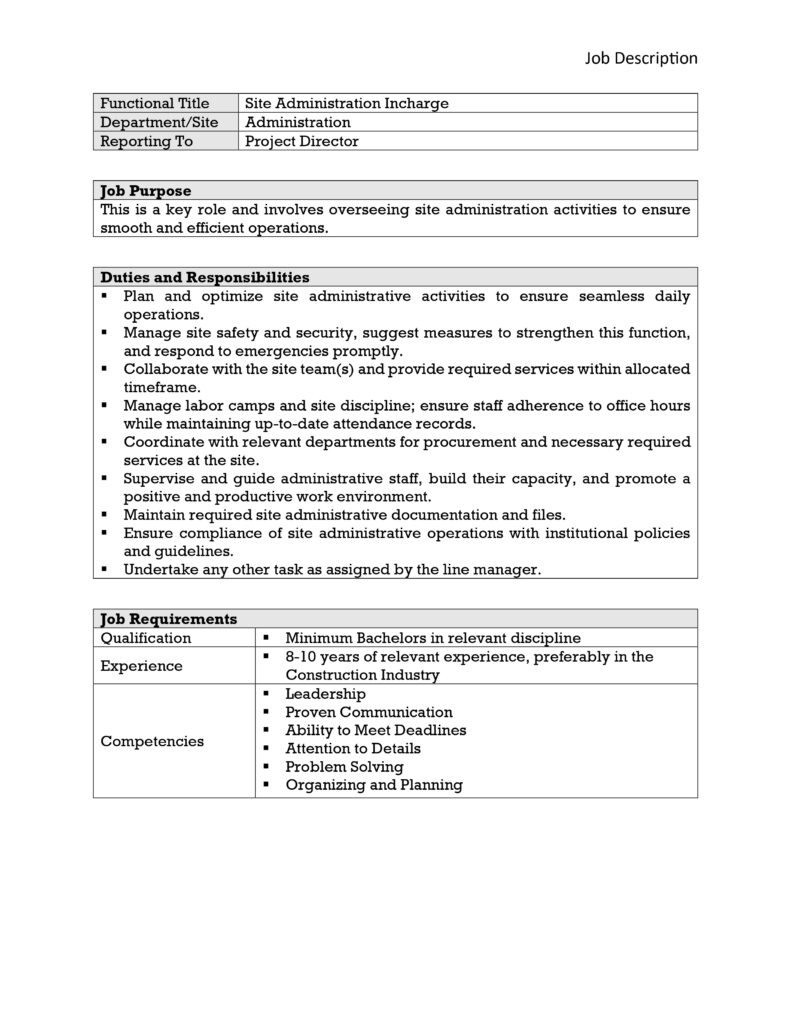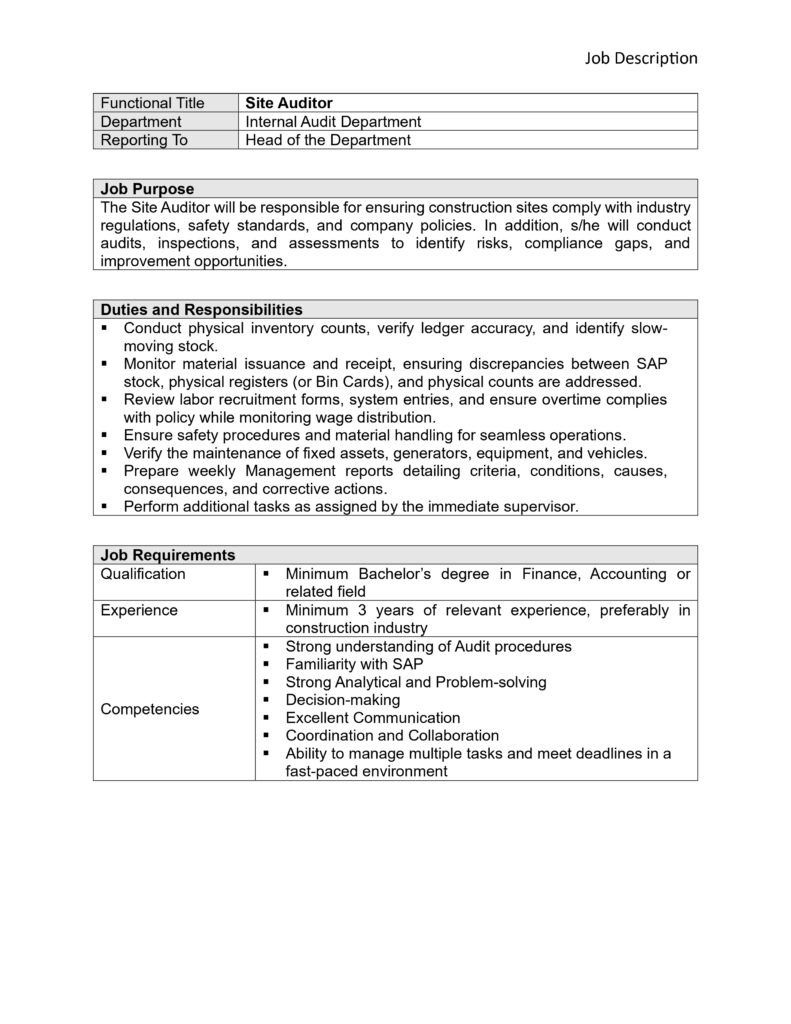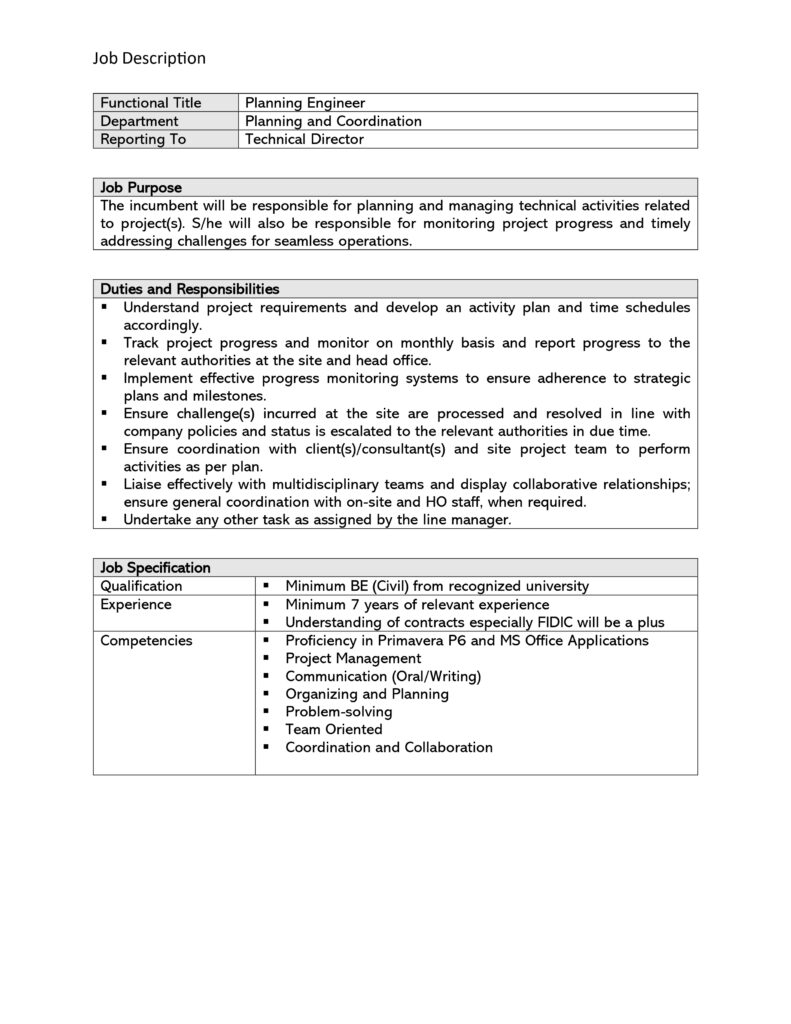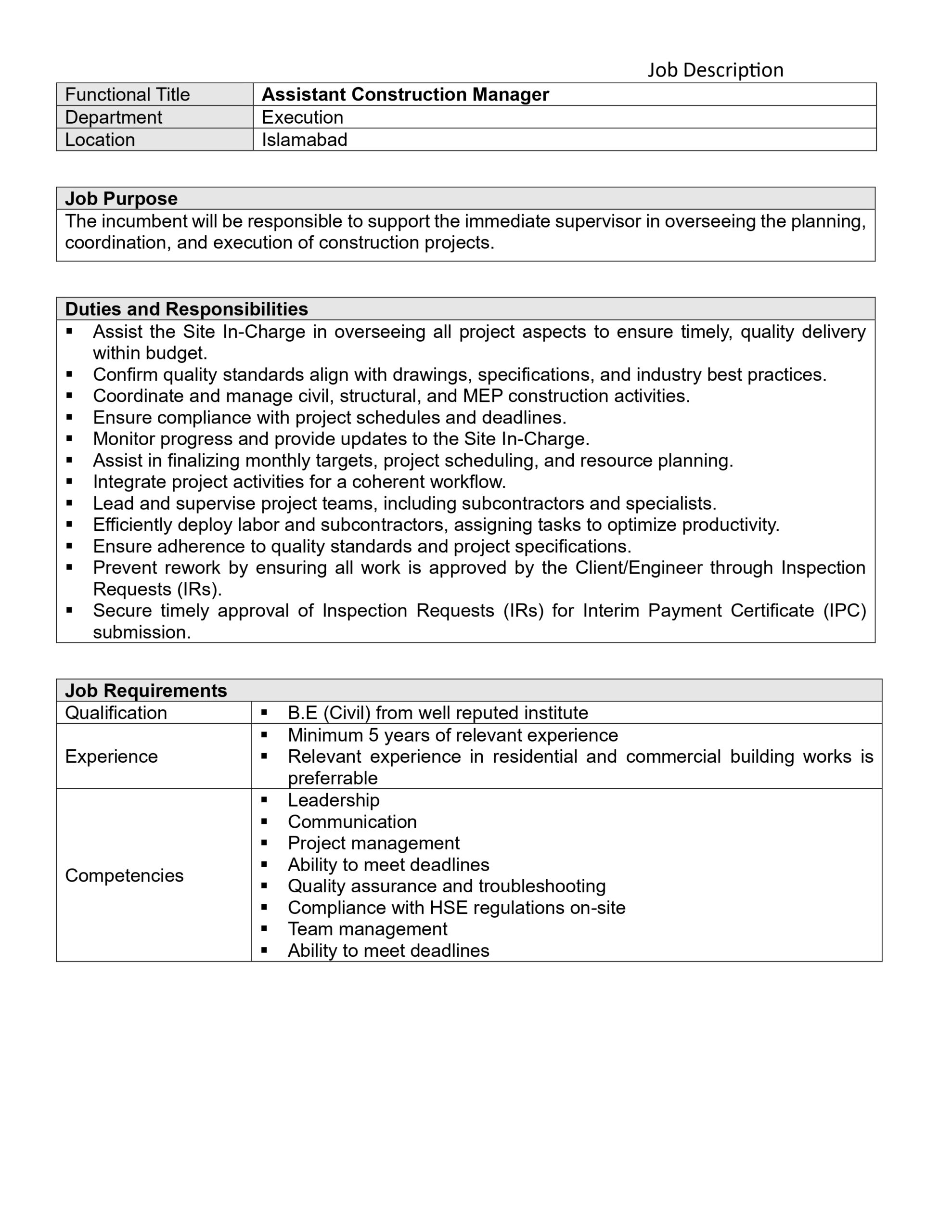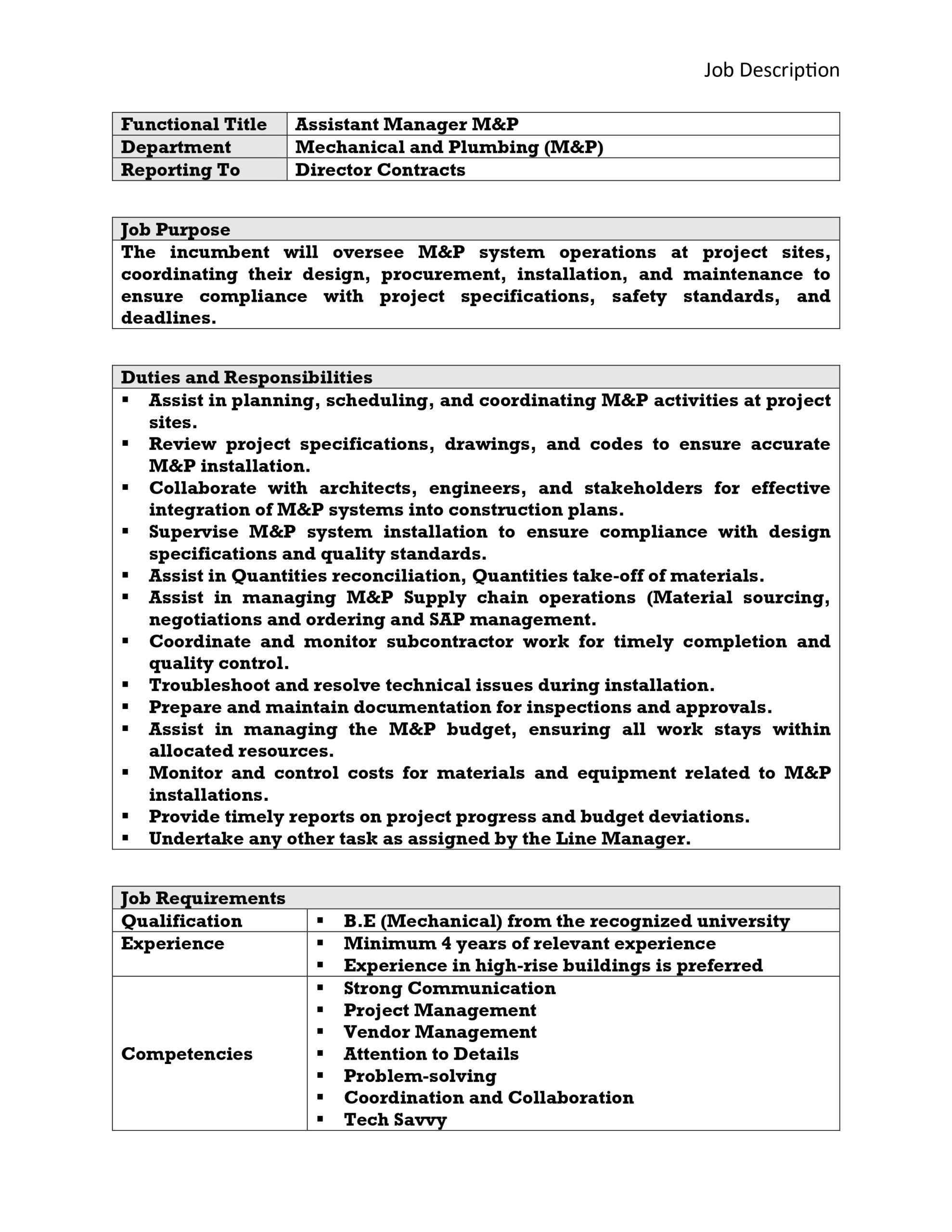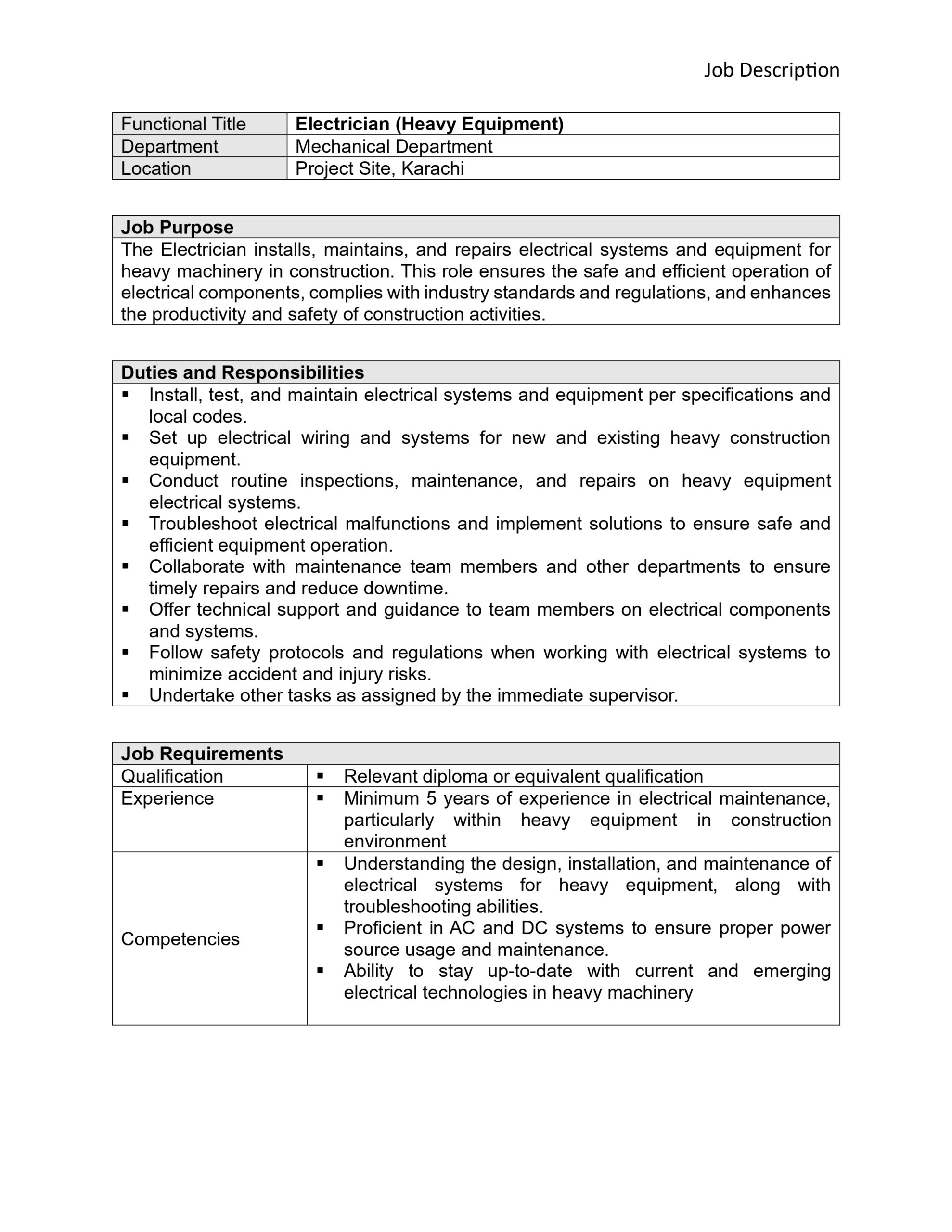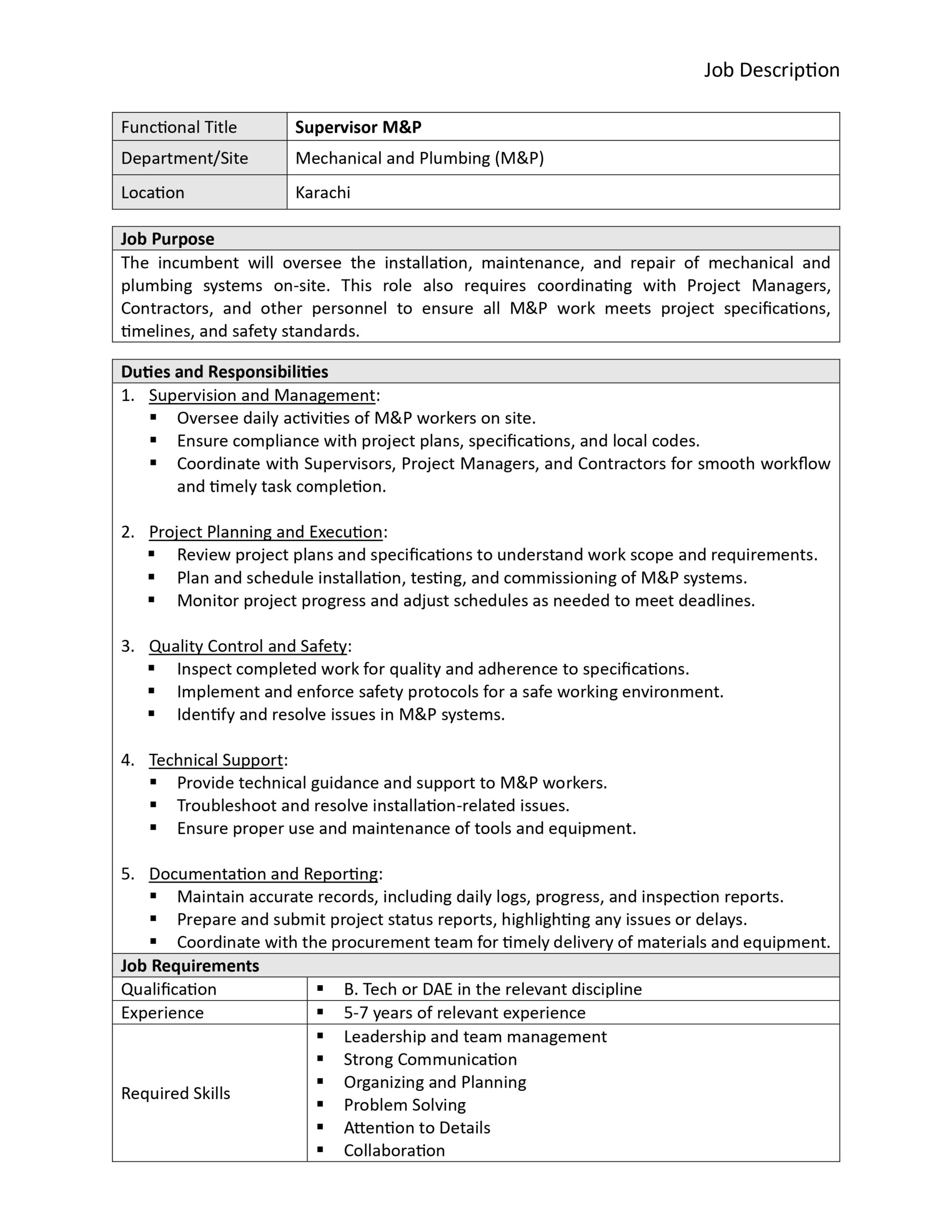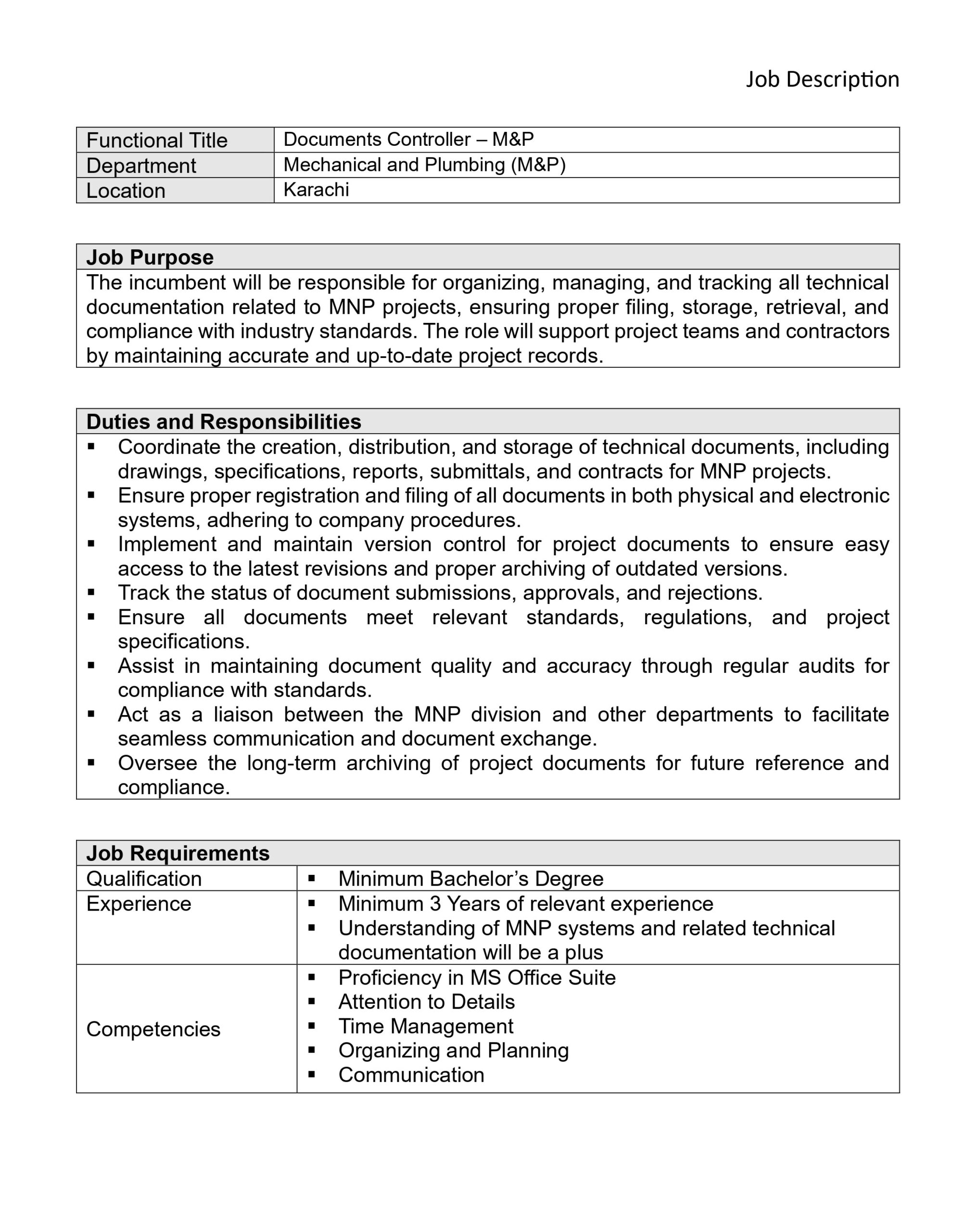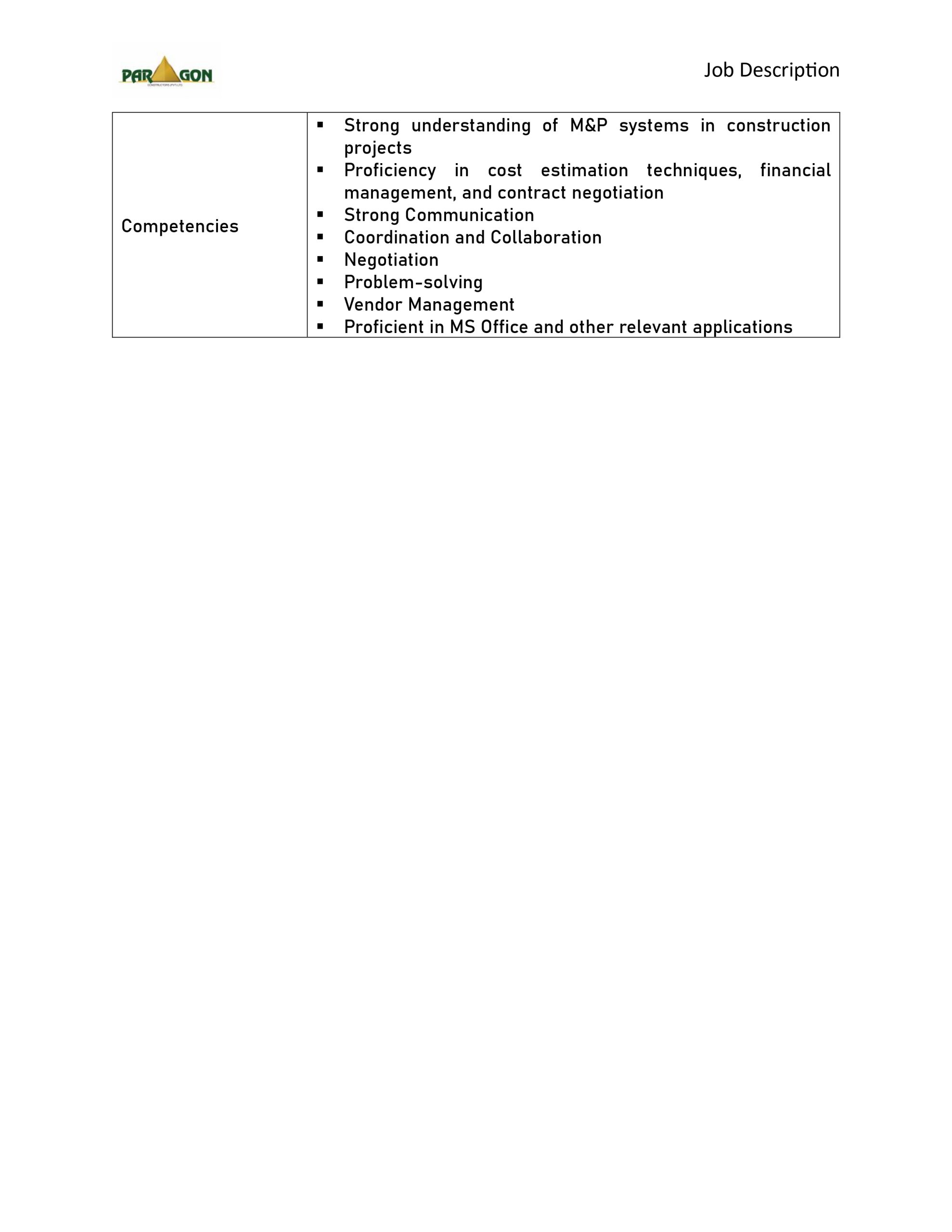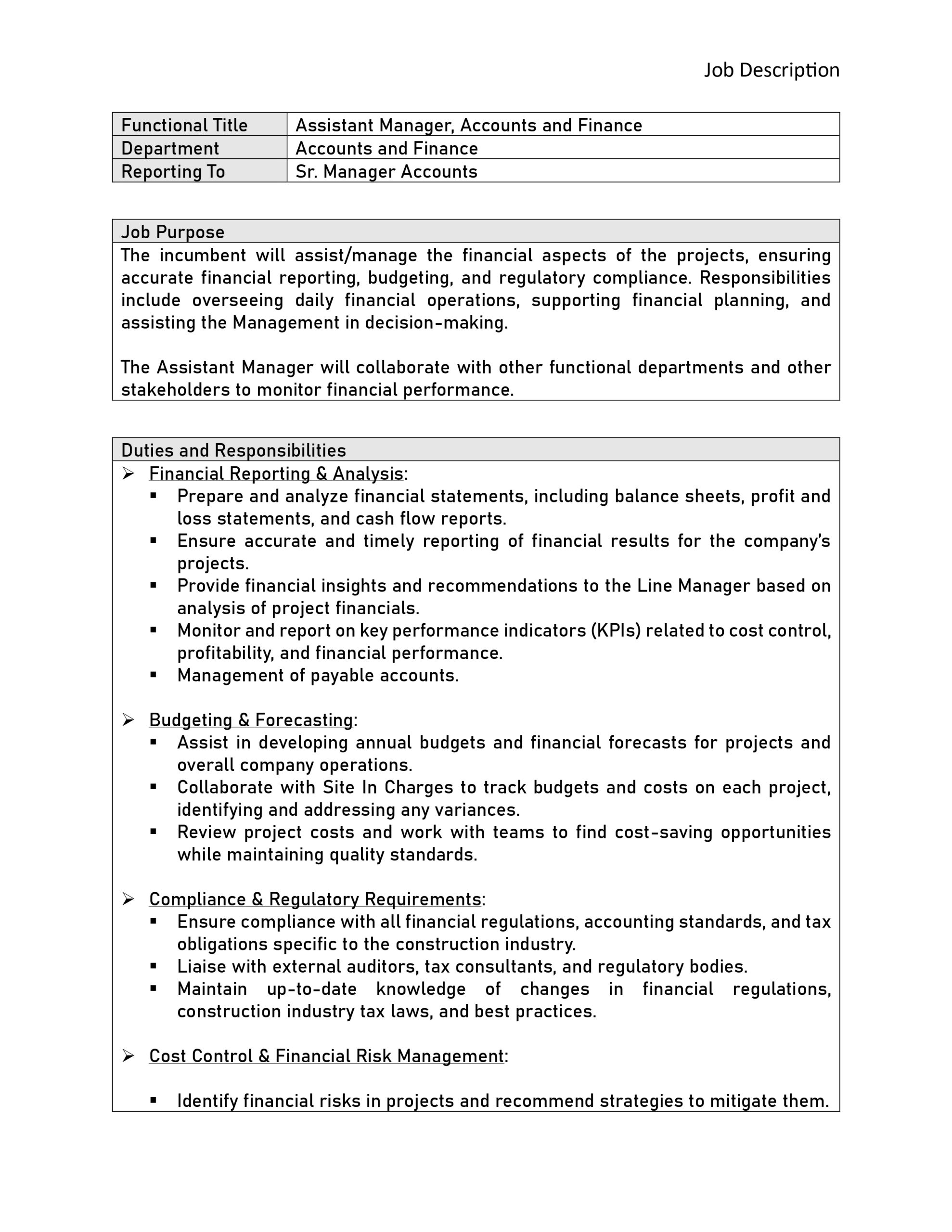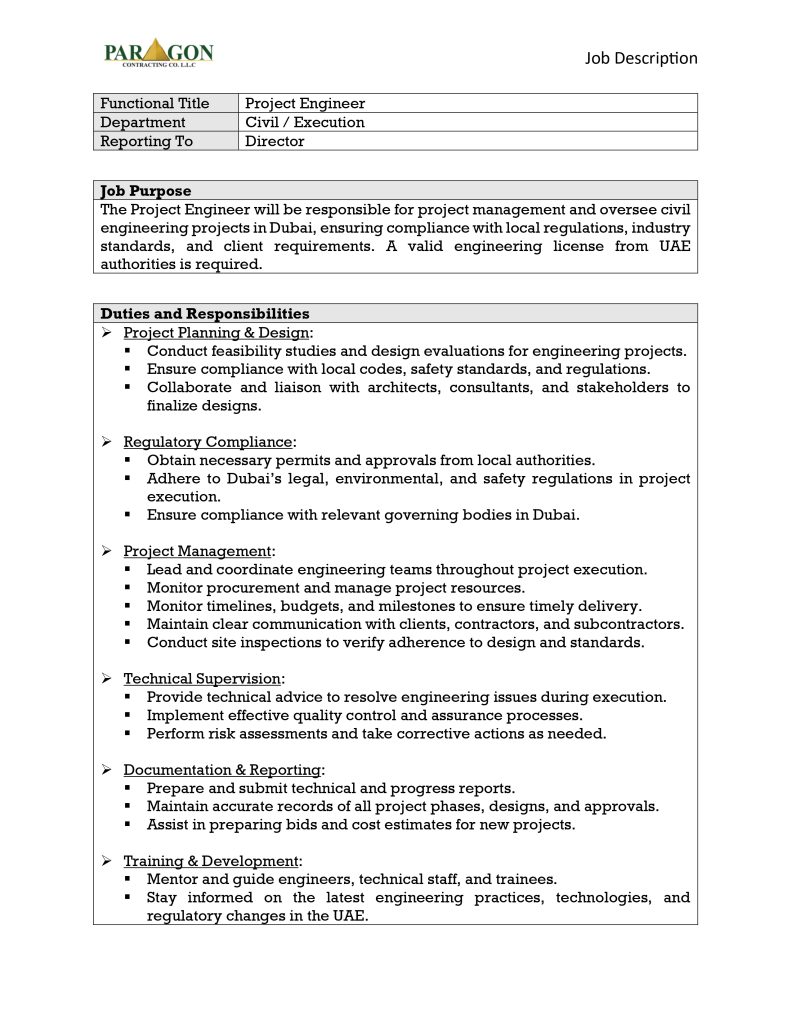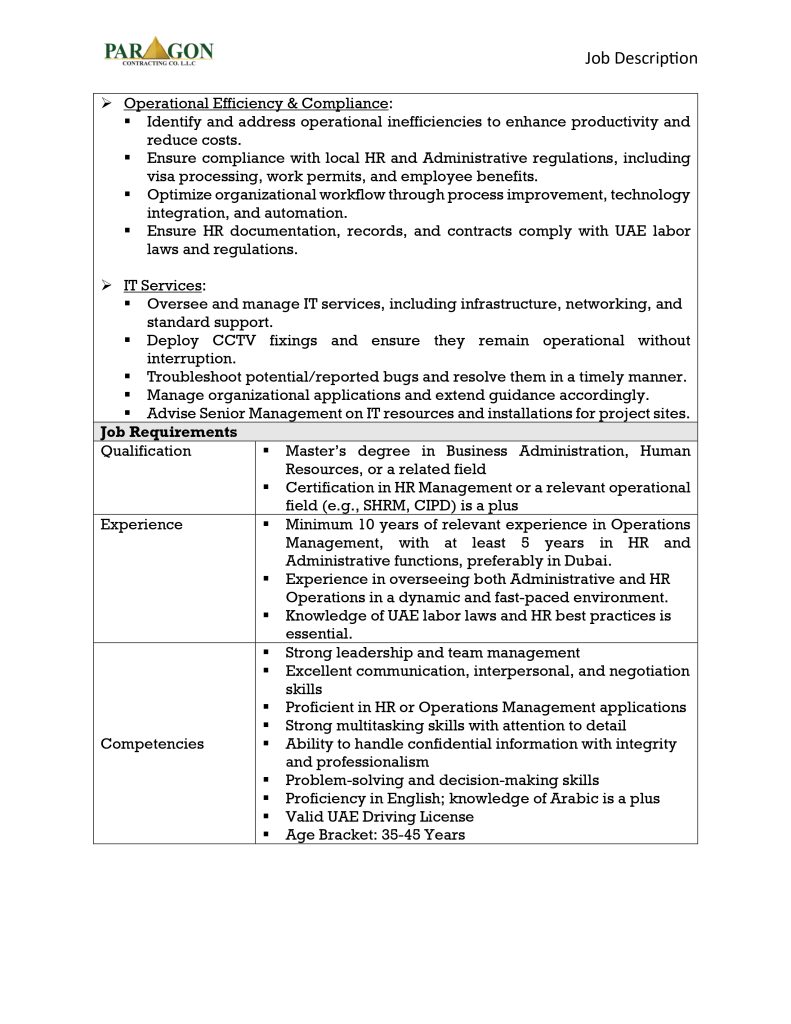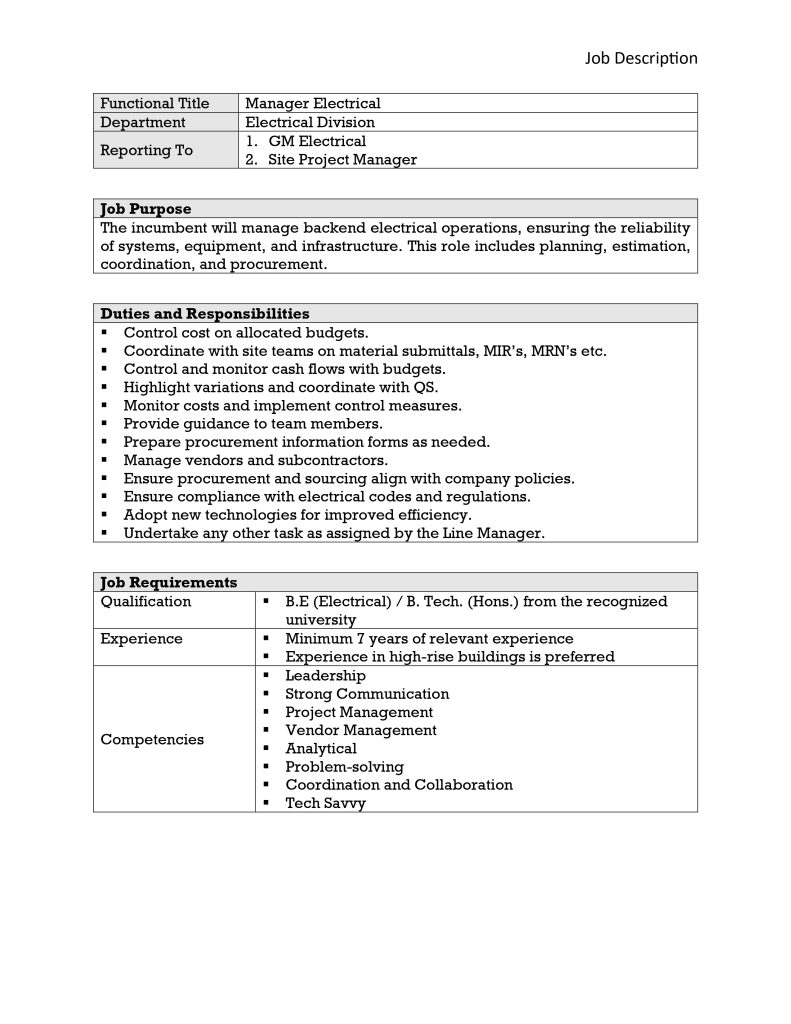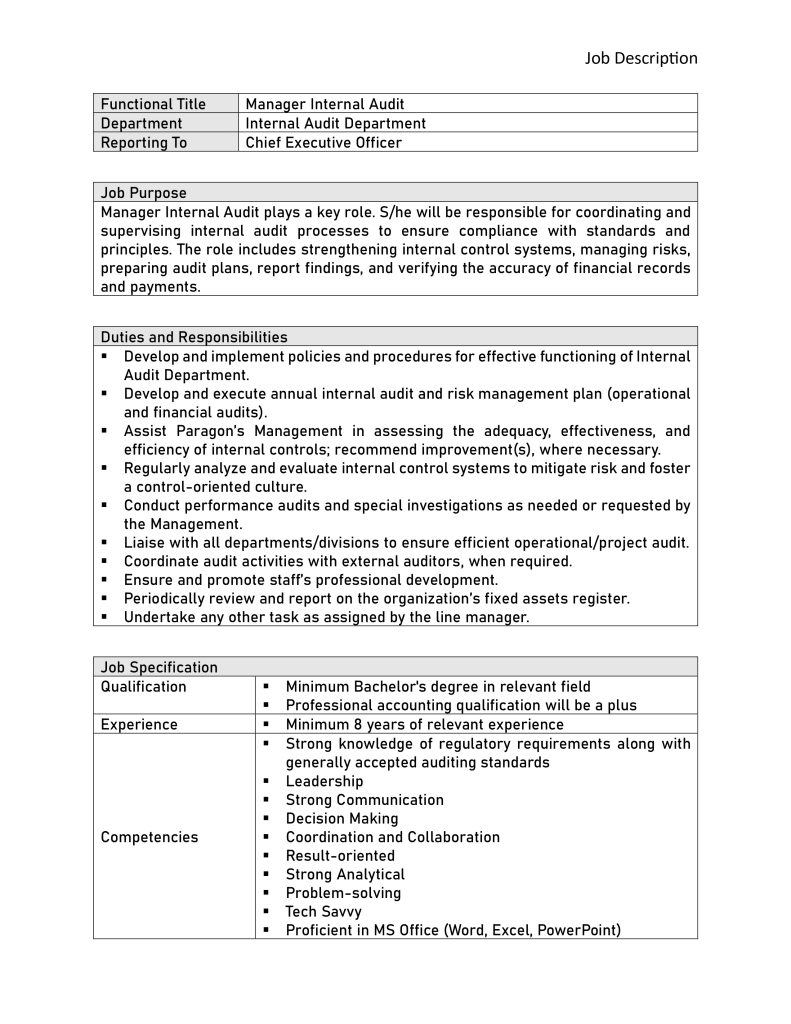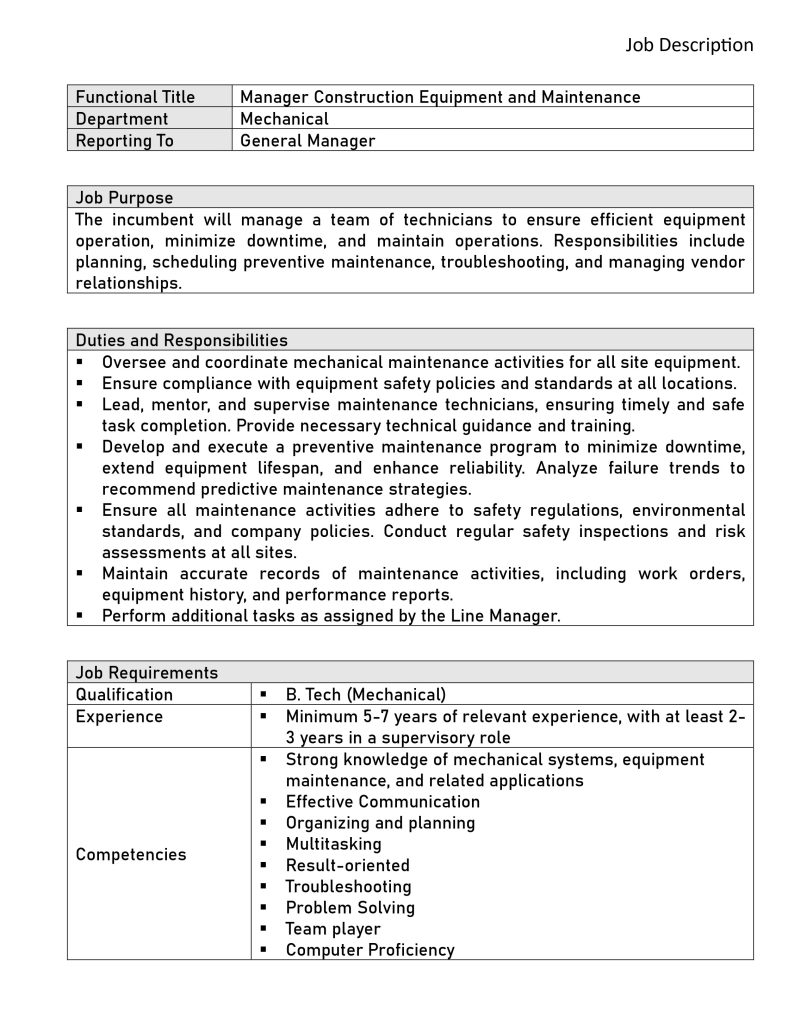Greatest Free Spins Offers 2025 No Deposit & Low Wagering Bonuses
Greatest Free Spins Offers 2025 No Deposit & Low Wagering Bonuses
The focus on group and social play makes it suitable for people who usually play Moolah VIP 8888 online games casually but need others to play with them as well. The retro type 1950’s Vegas glamour on line casino presents a complete bunch of promotional presents. Bonus codes are required within the case of a majority of the promotions for activating the provide.
Roulette
We’ll return to the welcome bonus later within the review and focus on different elements of the 888 On Line Casino person expertise here as a substitute. I don’t need to be too down on the UX of the location, however I naturally discover myself casting a crucial eye over such an old model that has some flaws. Merely by switching to in-browser play, they’ve improved usability and laid the groundwork for additional upgrades to return. It could nonetheless introduce higher filtering and search features for the video games, and a extra simplified ‘My Account’ part (the latter must be available from all pages too, not simply the lobby). I discovered a few T&Cs that wasn’t working from my Windows laptop (nothing happened once I clicked on the links) and I’ve suffered a couple of game crashes too.
- Bearing company registration quantity , an organization integrated under the legal guidelines of Curaçao, having its registered address at Schottegatweg Oost 10 Unit 1-9, Bon Bini Business Heart.
- Whether you prefer credit/debit cards, e-wallets, bank transfers, or cryptocurrencies, all transactions are processed securely to guard your financial data.
- To defend your data, we implement superior SSL encryption and help a wide range of reliable fee methods to reinforce the safety and efficiency of financial transactions.
- They replied on my final evaluation with a load of garbage, they didn’t resolve anything.
Our online on line casino in Latvia have one of the best slot machines to begin with. They pay off the best on line casino bonuses and prime examples of sports activities betting video games. This is one of the best Latvian on line casino to start playing and you can do that immediately. Examine out what our casino provide; you can use your cellular device to beat all the opposite on line casino players. Whether Or Not you like the technique and ability required in desk video games or the fast-paced action of video poker, you’ll discover plenty of choices to match your tastes at RiverSweeps 777. With practical graphics and easy gameplay, these classic on line casino video games supply an genuine gaming experience that will make you are feeling like you’re sitting at a real-life casino table.
In Brazino77 online casinos yow will discover many online scratchies as properly. As A End Result Of of the increasing popularity of scratch card reside on line casino video games all of the finest online casinos have these games in supply. Reside roulette games in online casinos present an exhilarating mix of thrill, ease and genuine on line casino vibes. The stay factor ensures an genuine casino encounter, with skilled sellers orchestrating real-time wheel spins. The recreation's easy graphics guarantee compatibility Plinko game with numerous gadgets, making it accessible to gamers with slower connections or less highly effective machines. Despite its simplicity, Zeppelin introduces advanced options like automatic play when gamers are away, making certain accountable gaming.
For these preferring more direct banking methods, financial institution transfers supply one other dependable possibility for larger deposits. Juwa Casino Online Real Cash gives an thrilling and immersive gaming involvement for players on the lookout for each amusement and the chance to achieve actual money. This stage highlights a different run of video games, counting well-known openings and traditional desk games, all outlined to supply locks in gameplay. Safety is a beat want, with sturdy measures in put to secure consumer data, guaranteeing peace of intellect wherever you play. Moreover, Juwa Metropolis On Line Casino upgrades the involvement with alluring rewards and developments, giving gamers more openings to win and recognize their gaming periods. With its user-friendly interface, players can successfully explore the app and heart on having enjoyable whereas making an attempt their luck.
No Deposit
Social features corresponding to players’ connectedness are nicely catered for in Moolah recreation. Gamers can invite gamers as friends, communicate with each other in-game, and even ship virtual presents. Such social options allow exchanging of contacts, players inviting or forming groups for multiplayer games in addition to competing towards one another on the leaderboard. In terms of legality, 777 has a variety of European licenses including in Nice Britain, the place it is licensed and regulated by the revered Gambling Fee organisation. This signifies that gamers who sign up for an account to play at 777 can really feel assured it's a very legit site to make use of.
This RTP is the exactly the average RTP of on-line casino websites, and it assures secure play and low threat of constructing some excessive losses. With some of the greatest odds in the trade, our Sabong platform offers players with increased chances of lucrative winnings. By spinning (spinning) the reels, you can kind successful combos with the symbols current. What constitutes a winning mixture varies per machine in the Dutch on-line on line casino. For occasion, 3x a Lucky 7 in a row can give you a win, but in addition three cherries or two bells. All you want to do is go to the home page and press the registration button.
Disfruta De La Emoción De Los Casinos Con Brazino777
Nonetheless, as 888 Casino don’t have it on there desktop web site, they, of course, don’t have it here. You do get an excellent number of video games in a no-frills mobile casino although. Its not to come back and see 888 is now also a desktop on-line on line casino and not simply obtain only.
777 gives its gamers all kinds of cost methods which they can use to deposit and withdraw funds. The on line casino uses advanced safety and encryption systems to make certain that your private information and monetary transactions are completely secure. The casino provides card fanatics several variants of blackjack to attempt which mix strategy with luck. The variants on 777 embody traditional, multi-hand, American-style blackjack, and Spanish 21.
The developer might be required to provide privateness particulars after they submit their subsequent app update. Claim your advantages and earn tons whereas having enjoyable on the palm of your hand from anyplace, anytime on the planet. By following these options, you need to be succesful of tackle common points associated to installation, login, and payment. This is how you can download and install Moolah 777 APK in your Android Cellphone, and Android pill. Apart from these Vegas claims, what else can you get for $777 at this casino? In order to access your account, please link your Wind Creek Rewards Card to a new WindCreekCasino.com account.






